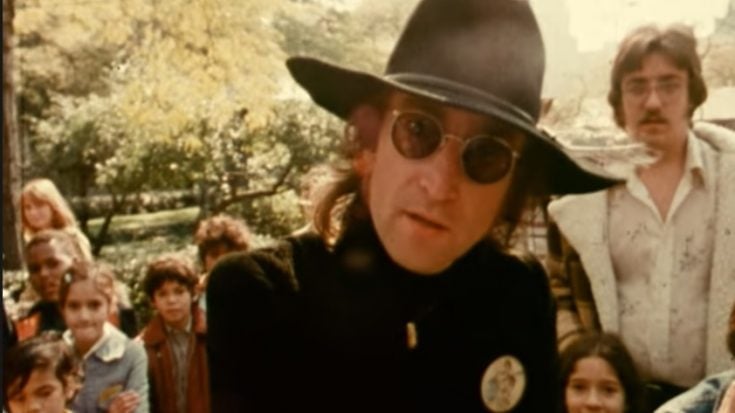John Lennon Once Wrote A ‘Garbage’ Song Inspired By A Cereal

John Lennon - johnlennon / Youtube
John Lennon’s introspection about his own work doesn’t fail to rival the critique of those who are paid to do so. The Beatles co-founder wasn’t afraid to go on about trashing his songwriting, which was especially true during an interview with Playboy’s David Sheff in 1980, calling the particular song, which was inspired by a breakfast cereal, as “garbage” and a “throwaway”.
While Lennon constantly dug on their earlier pop-oriented songs, the track in question, “Good Morning Good Morning” was part of their seminal Sgt. Pepper’s Lonely Hearts Club Band. The drastic change of the Beatles’ pop approach to a more experimental swath of material marked the maturity of their creative sense. But just like any other artist, the band had deadlines to catch and tracklists to f, and so, filler songs never really went out of fashion with them.
“‘Good Morning’ is mine. It’s a throwaway, a piece of garbage, I always thought,” Lennon told Sheff. “The ‘Good morning, good morning’ was from a Kellogg’s cereal commercial. I always had the TV on very low in the background when I was writing and it came over and then I wrote the song.”
He was also going through tough times with his first wife, Cynthia, who was becoming too much to bear for Lennon’s evolving ego. Paul McCartney spoke of it: “John was feeling trapped in suburbia and was going through some problems with Cynthia.”
“His boring life at the time – there’s a reference in the lyrics to ‘nothing to do’ and ‘meet the wife’; there was an afternoon TV soap called Meet The Wife that John watched, he was that bored, but I think he was also starting to get alarm bells,” he added.
Lennon also wanted to incorporate the idea of escape into the sonic workings of the song, with engineer Geoff Emerick recalling: “John said to me during one of the breaks that he wanted to have the sound of animals escaping and that each successive animal should be capable of frightening or devouring its predecessor! So those are not just random effects, there was actually a lot of thought put into all that.”











